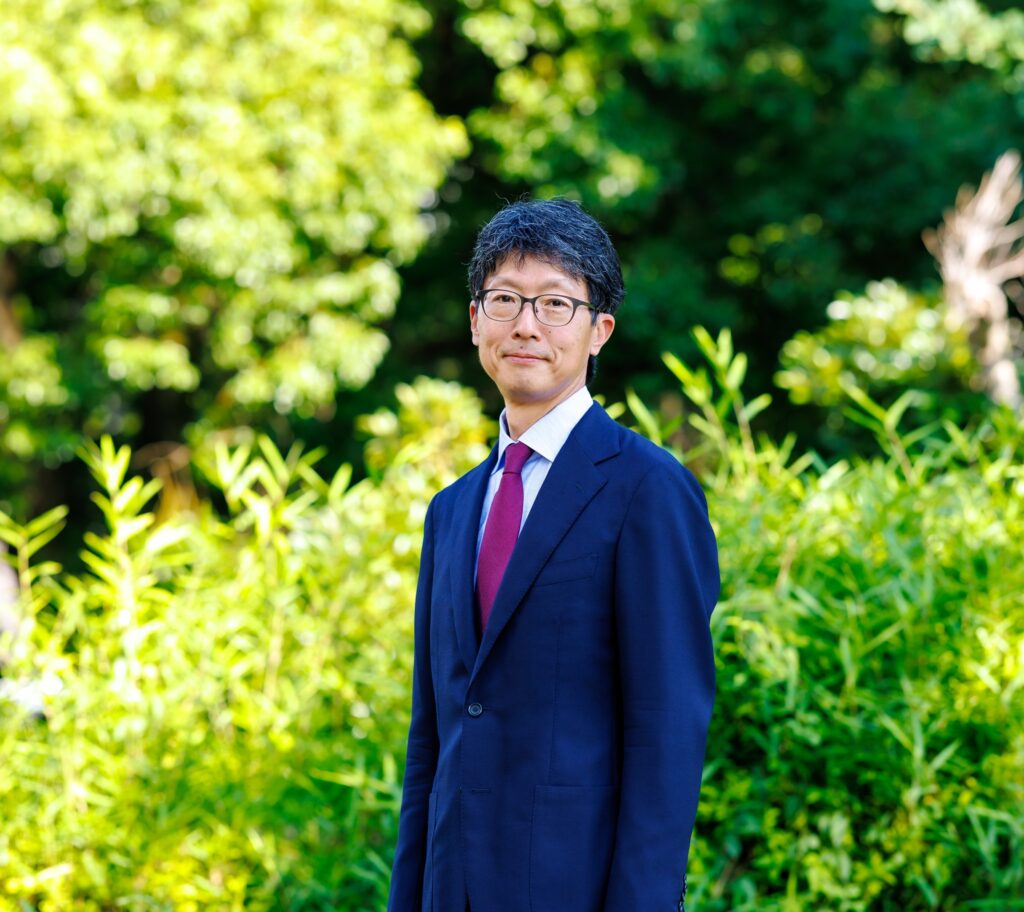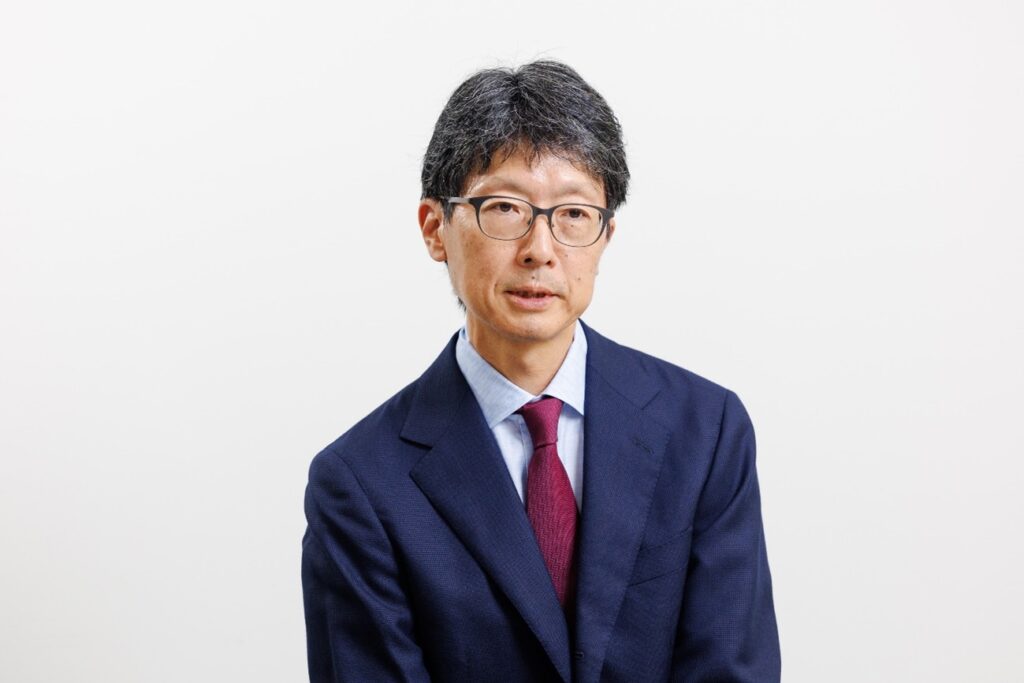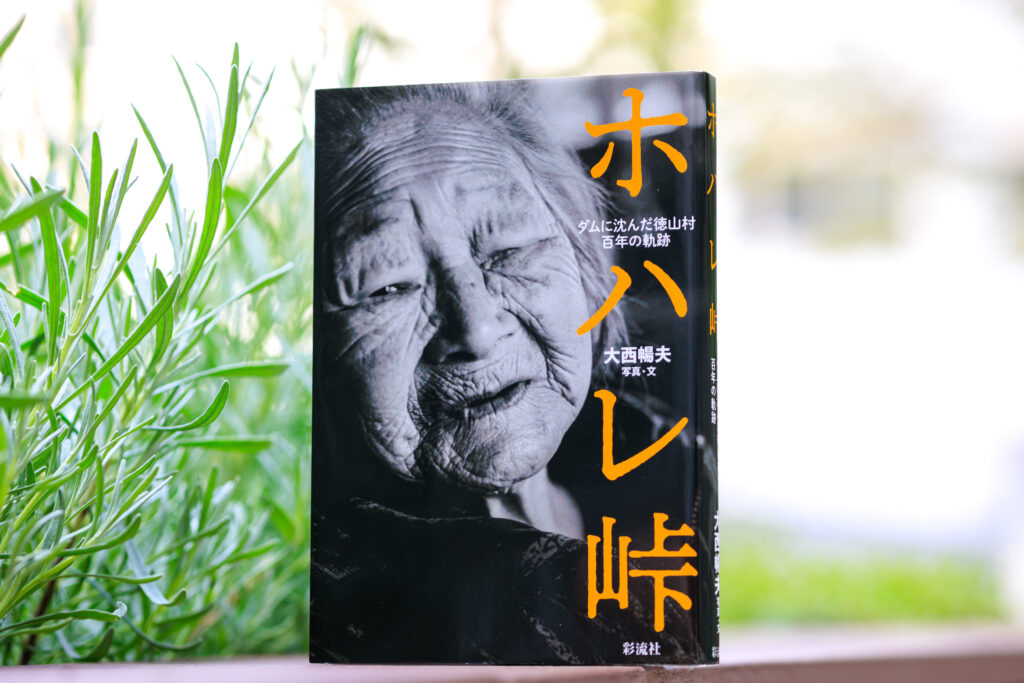
A shrinking and aging population with fewer children being born; people flocking to the cities and areas becoming depopulated—rural communities today are facing a myriad of issues. Through fieldwork, Professor Rokuro Tabuchi from the Faculty of Human Sciences seeks to understand the changes in families living in these communities and the traditions they preserve.
My research centers around modern Japanese families and rural communities, with the keywords of “tradition” and “change.”
Amid a rapidly shrinking and aging population, we are at a turning point in how we view families. It may seem that the traditional Japanese family—where three generations live together at the husband’s family home—has disappeared, but the mindset of the eldest son living with his parents and taking care of them is still deeply rooted. Modern families exist on a delicate balance between tradition and change.
Even when you look at rural communities, tradition and change are contending with each other. My research focuses on remote islands and secluded mountainous areas, where people continue to live and preserve tradition even as they face the critical issue of a shrinking population. At the same time, people who relocated from cities to these areas are becoming new blood for carrying on tradition.
A small town struggling with depopulation shows the way for Japan’s future

In Ama Town in the Oki Islands of Shimane Prefecture, 10% of the population are people who have relocated from cities. At the end of 1980s, the only high school in the region was at risk of closure due to depopulation. Not content to stand by and let this happen, the community took action, bringing about educational reform that led to rapid recovery in the number of students.
Today, half of the students are “overseas students”—students not from abroad, but from other parts of Japan. Interaction between these and local students is mutually inspiring and has led to invigoration across the whole region. There are also a growing number of young people and people with families migrating to the town in pursuit of a life closer to nature and a relaxed educational environment.
As Ama Town is a small town on a remote island, there remain issues such as depopulation, education, medical care, and employment. Still, the region is being invigorated as it continues to attract people and the islanders are open to people from elsewhere. Ama Town should serve as a signpost showing the way for the future society of Japan with its shrinking population.
The net woven by family and community
There are two methods in researching families. One is to use statistical data to compare past and present images of families in Japan and overseas. However, this does not allow us to see a specific image. The actual states of individual families are deeply affected by the community and environment. That is why I emphasize the importance of fieldwork, the second research method, and continue to focus on a single place and listen to voices on the ground.
Through this process, I came to realize that family and community are woven like the mesh of a net, pulling on each other. Using the example of Ama Town, people relocate to the island for individual purposes. There, they start new families, and as a result, change the community. At the same time, there are people who were born and raised on the island and have made the decision to spend their life there.
We have cases where students from our Department of Sociology who went to the island for fieldwork became affected by these people, relocating outside cities to work on regional invigoration. This makes me keenly feel again that sociology is a study that is directly in touch with the dilemmas connecting people and society.
In modern times, it is become harder for families to raise children, or provide care on their own. Local communities are required to play an assisting role that fills the gap. In the last few decades, the “it takes a village to raise a child” mindset has rapidly faded. Yet, this also means that the memories are still fresh. It is possible to regain this concept, and I hope my research can help in this effort.
The book I recommend
“Hoharetoge: Damu ni Shizunda Tokuyama-mura Hyakunen no Kiseki”(Hohare Pass: The Hundred-Year Miracle of Tokuyama Village That Was Submerged by a Dam)
by Nobuo Onishi, Sairyusha

This is an extensive reportage covering a woman who continued to live at the remotest hamlet of a village that was submerged by a dam. It is an inspiring story that confronts us with the sacrifices needed for us to enjoy life in the city.
-
Rokuro Tabuchi
- Professor
Department of Sociology
Faculty of Human Sciences
- Professor
-
Graduated from The University of Tokyo’s Faculty of Law and Faculty of Letters, and completed the Master’s program of the university’s Division of Sociology. Took on several positions—such as research associate at the Department of Social Welfare, Faculty of Humanities, Tokyo Metropolitan University as well as lecturer and associate professor at Nagoya University’s Graduate School of Environmental Studies—before joining Sophia University in 2007 and assuming his current position in 2012.
- Department of Sociology
Interviewed: July 2023